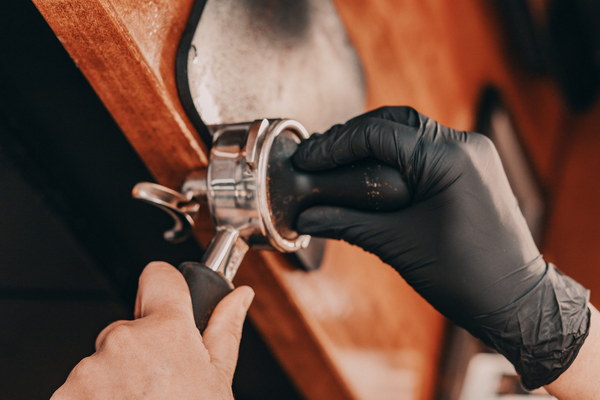Can You Exercise Before Your Period A Comprehensive Guide
Are you a fitness enthusiast who's ever found yourself at a crossroads when your period arrives? The question of whether or not you can exercise before your period is a common one, and it's important to understand the potential benefits and drawbacks. In this comprehensive guide, we'll explore the science behind exercising before your period, its effects on your body, and provide tips on how to manage your fitness routine during this time.
First, let's address the basics. Menstruation, also known as aunt flow or the crimson wave, is a natural monthly process that occurs in most women of reproductive age. It involves the shedding of the uterine lining, and can last from a few days to a couple of weeks, depending on the individual. During this time, some women experience discomfort, pain, and a decrease in energy levels, which may lead them to question the feasibility of exercising.
The truth is, there's no one-size-fits-all answer to whether or not you can exercise before your period. It largely depends on your personal experience, pain tolerance, and the type of exercise you choose. Some women find that light to moderate exercise can actually alleviate symptoms, while others may need to take a break from their fitness routine to rest and recover.
Here are some factors to consider when deciding whether to exercise before your period:
1. Pain and discomfort: If you experience cramps, bloating, or discomfort during your period, light to moderate exercise can help alleviate these symptoms. Activities like walking, yoga, and swimming are excellent choices, as they are low-impact and can reduce pain by releasing endorphins, which are natural painkillers.
2. Energy levels: Some women may notice a decrease in energy during their period, while others may feel more energetic. If you're feeling energetic, it's perfectly fine to continue with your regular fitness routine. However, if you're feeling fatigued, it's important to listen to your body and scale back on the intensity of your workouts.
3. Hormonal fluctuations: During your period, your body experiences hormonal fluctuations, which can affect your energy levels, mood, and pain tolerance. It's essential to be aware of these changes and adjust your fitness routine accordingly.
4. Type of exercise: High-impact workouts, such as running or heavy weightlifting, may exacerbate symptoms like cramps and bloating. If you're experiencing discomfort, consider switching to lower-impact activities, such as cycling or rowing, to minimize the strain on your body.
5. Hydration and nutrition: Staying hydrated and eating a balanced diet is crucial during your period. This will help your body recover more quickly and minimize the risk of dehydration or fatigue during exercise.
Here are some tips for managing your fitness routine during your period:
- Listen to your body: Pay attention to your symptoms and adjust your workout intensity as needed. If you're in pain, take a break or switch to a lower-impact activity.

- Stay hydrated: Drink plenty of water throughout the day to stay hydrated and support your body's recovery.
- Eat a balanced diet: Consume a variety of nutrients, including protein, carbohydrates, and healthy fats to keep your energy levels up and support your body's needs.
- Consider supplements: Some women may find relief from cramps and bloating by taking supplements like magnesium, calcium, or vitamin E. Consult with your healthcare provider before starting any new supplement regimen.
- Prioritize rest: Allow yourself time to rest and recover, especially if you're experiencing severe pain or discomfort.
In conclusion, whether or not you can exercise before your period depends on your personal experience and the type of exercise you choose. Light to moderate exercise can help alleviate symptoms and improve your overall well-being, while high-impact workouts may exacerbate discomfort. By listening to your body, adjusting your routine as needed, and maintaining a balanced diet, you can continue to enjoy your fitness journey even during your period.
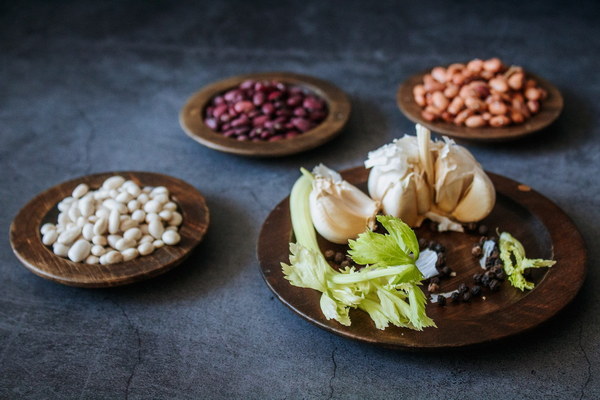
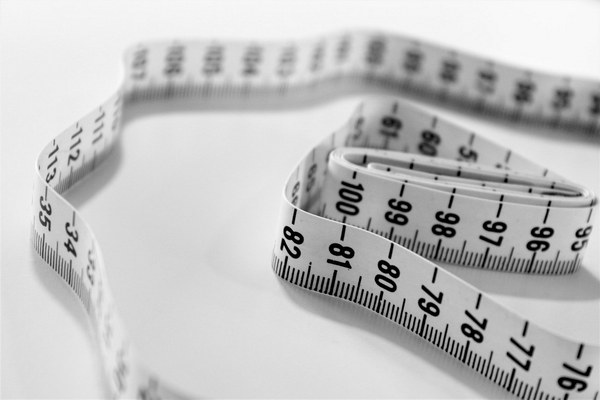
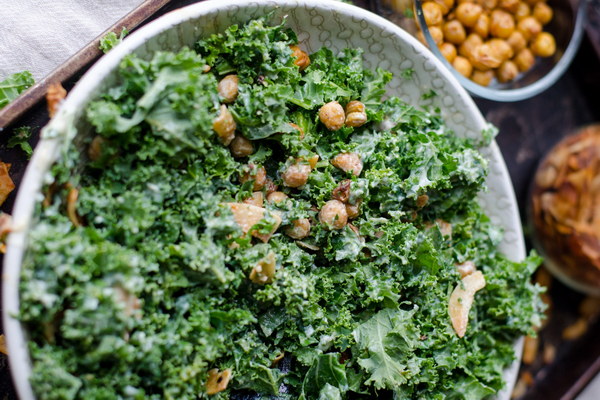

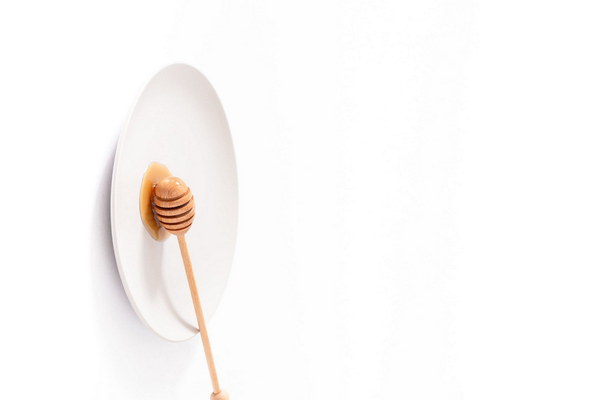

![Embrace the Future of Wellness Discover Intelligent Health Retirement Communities at [Address]](http://img.bluepurple.cn/a/养生/328/Embrace-the-Future-of-Wellness-Discover-Intelligent-Health-Retirement-Communities-at-Address.jpg)
